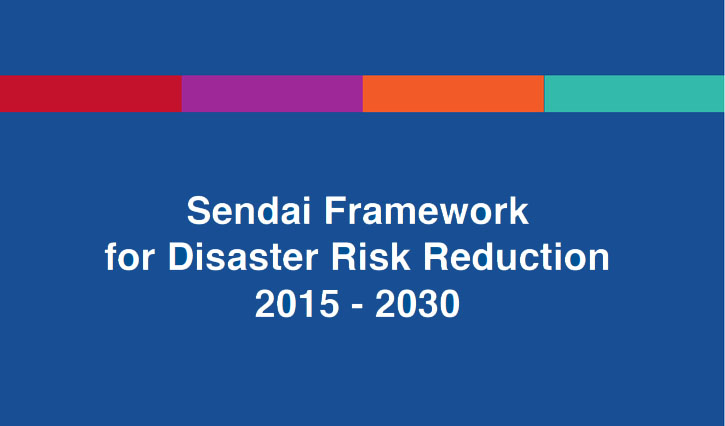The Center participated at the Understanding Risk 2024 Global Forum
From June 16 to June 21, 2024 in Himeji, Hyogo Prefecture, Japan, Elvira Torebekova, Head of the Center’s division participated in the Eighth Understanding Risk 2024 Global Forum (UR24), organized by the Global Facility for Disaster Reduction and Recovery (GFDRR) in collaboration with the World Bank Tokyo Center for Disaster Risk Management.
The forum, dedicated to the 30th anniversary of the Great Hanshin-Awaji Earthquake, was held under the slogan “Tradition – Sustainability – Innovation”, attracted over 1,500 experts and practitioners from 135 countries across various sectors, including government, international and non-governmental organizations, the private sector and the academic community.
During the opening ceremony on June 17, the World Bank Vice President for Infrastructure Mr. Guangzhe Chen emphasized the importance of Japanese experience in disaster risk management and expressed confidence in integrating innovation and advanced technologies into global risk management practice. At the same time, he urged forum participants to explore new approaches to risk reduction and to use the forum as an opportunity to networking, partnership building and exchanging ideas for sustainable risk management practices.
Governor of Hyogo Prefecture, Mr. Saito Motohiko reflect on the recent earthquake in the Noto Peninsula highlighting the ongoing importance of disaster prevention and mitigation, and collaborative dialogue to foster sustainable future, especially in the context of a changing climate and increasing vulnerability to natural disasters.
During the symposium within the Global Forum on Cultural Heritage and Natural Disasters, Mayor of Himeji, Mr. Hideyasu Kiyomoto, shared insights into protecting cultural heritage from natural disasters, highlighting the value of sites like Himeji Castle and the need to protect them against growing threats of natural disasters.
The forum consisted of panel discussions, technical sessions, information, discussion of key issues related to climate change impacts and frequent extreme weather events, which pose a serious threat to global economic development and public welfare.
In a technical session titled “Building a prepared and sustainable Central Asia,” the Head of the Center’s Division Elvira Torebekova, made a presentation on the institutionalization of regional cooperation in DRR among Central Asian countries. Participants were briefed on the successful implementation of the 2023-2024 Roadmap for the implementation of the Strategy for the development of cooperation between Central Asian countries in Disaster Risk Reduction as well as the preparation of the draft Roadmap for 2025-2026.
Following the session, international organizations such as DGECHO, World Meteorological Organization (WMO), GeoHazards International (GHI) expressed interest in the Center’s activities and potencial for future collaboration.
During the session “Charting the path to resilient cities through scenario modeling and decision-making” the Center reaffirmed its commitment to further supporting urban resilience initiative in Central Asia at the regional level, which contributes to enhancing disaster preparedness and strengthening inter-city collaboration in risk reduction.
The forum actively discussed key aspects in disaster risk management, emphasizing the intersection of science, policy and data-driven decision-making. Participants shared insights and lessons learned from natural disasters, including earthquakes in Turkey, Morocco, and Japan. The importance of innovative approaches to disaster information management was underscored, including the use of artificial intelligence capabilities for early warning systems in disasters.
Special attention was paid to enhancing financial and insurance mechanisms for climate change adaptation and disaster risk reduction, especially in developing countries. Participants stressed the importance of an inclusive approach to risk management, which ensures that the interests of all segments of society are taken into account, including vulnerable groups. All of the above confirms that the Center’s initiatives align with current international trends and supported by most countries of the world.
A highlight of the forum was the successful demonstration of the best practices, traditions, and cultural aspects of Japan in combination with innovations and modern technologies, highlighting the importance of lessons learned from Japan's past experience in disaster management and their application in the international context. Discussions at the forum underscored the necessity for collaborative efforts among countries and international organizations to achieve global goals of risk management and increased resilience to natural disasters.


























